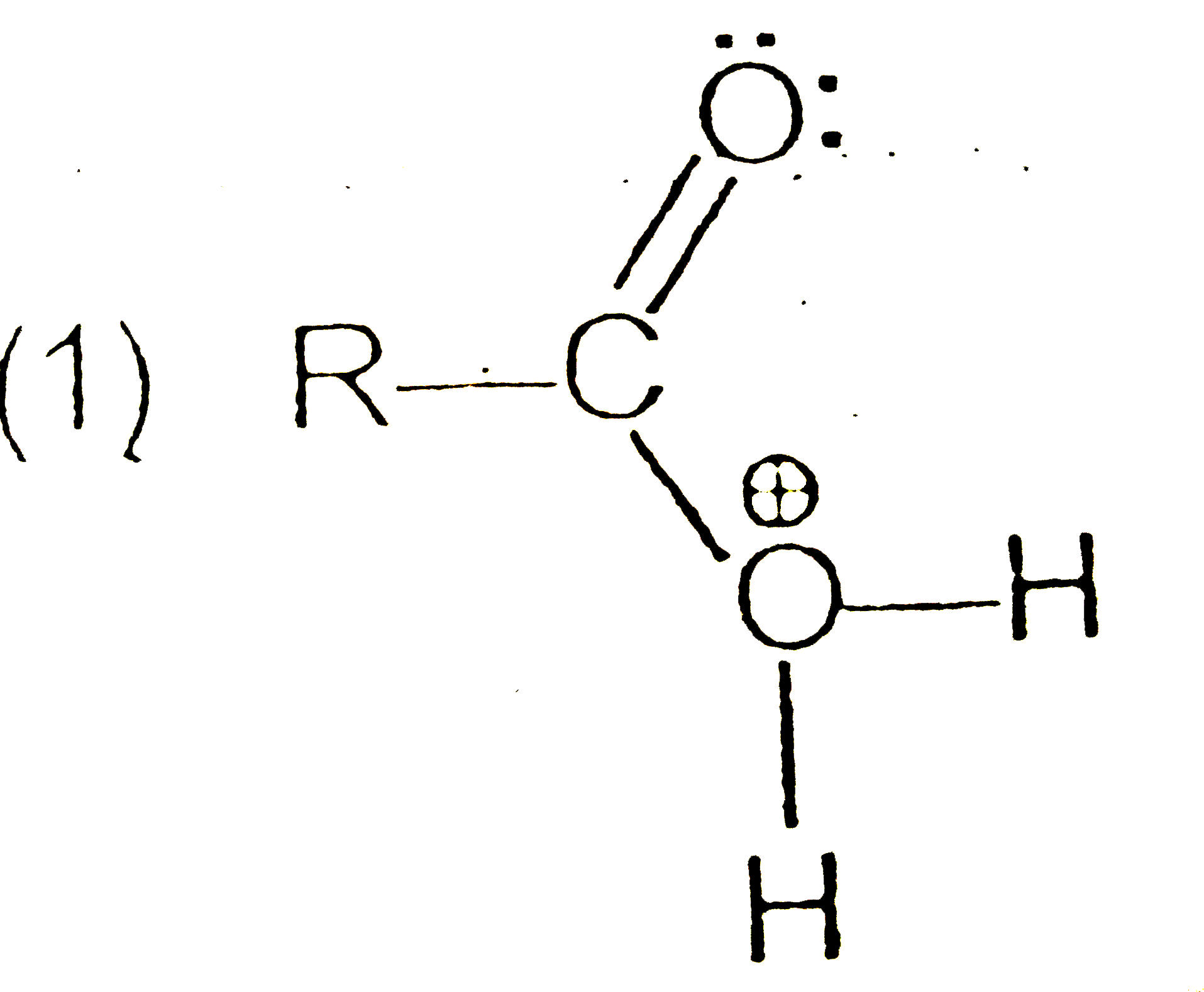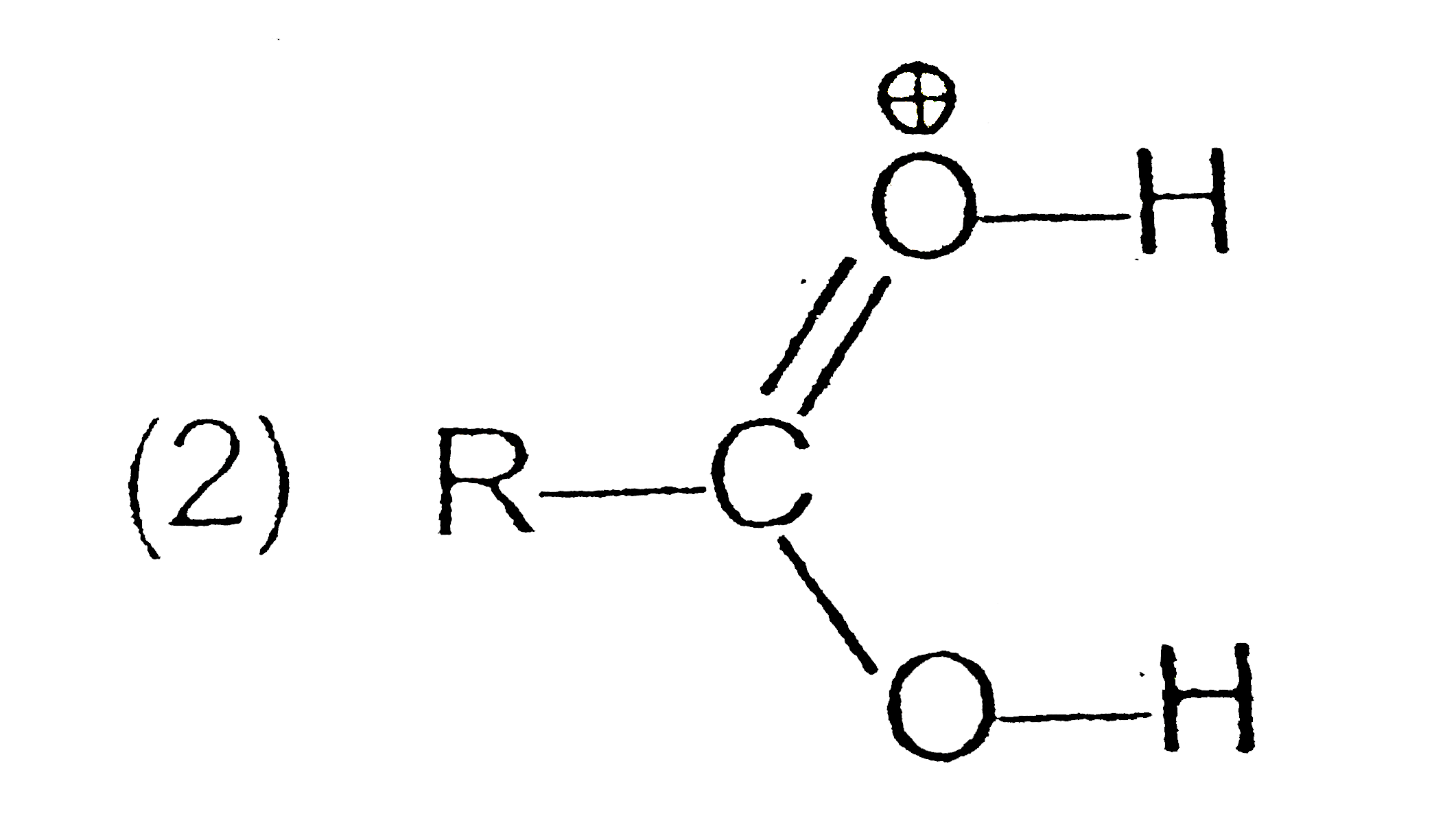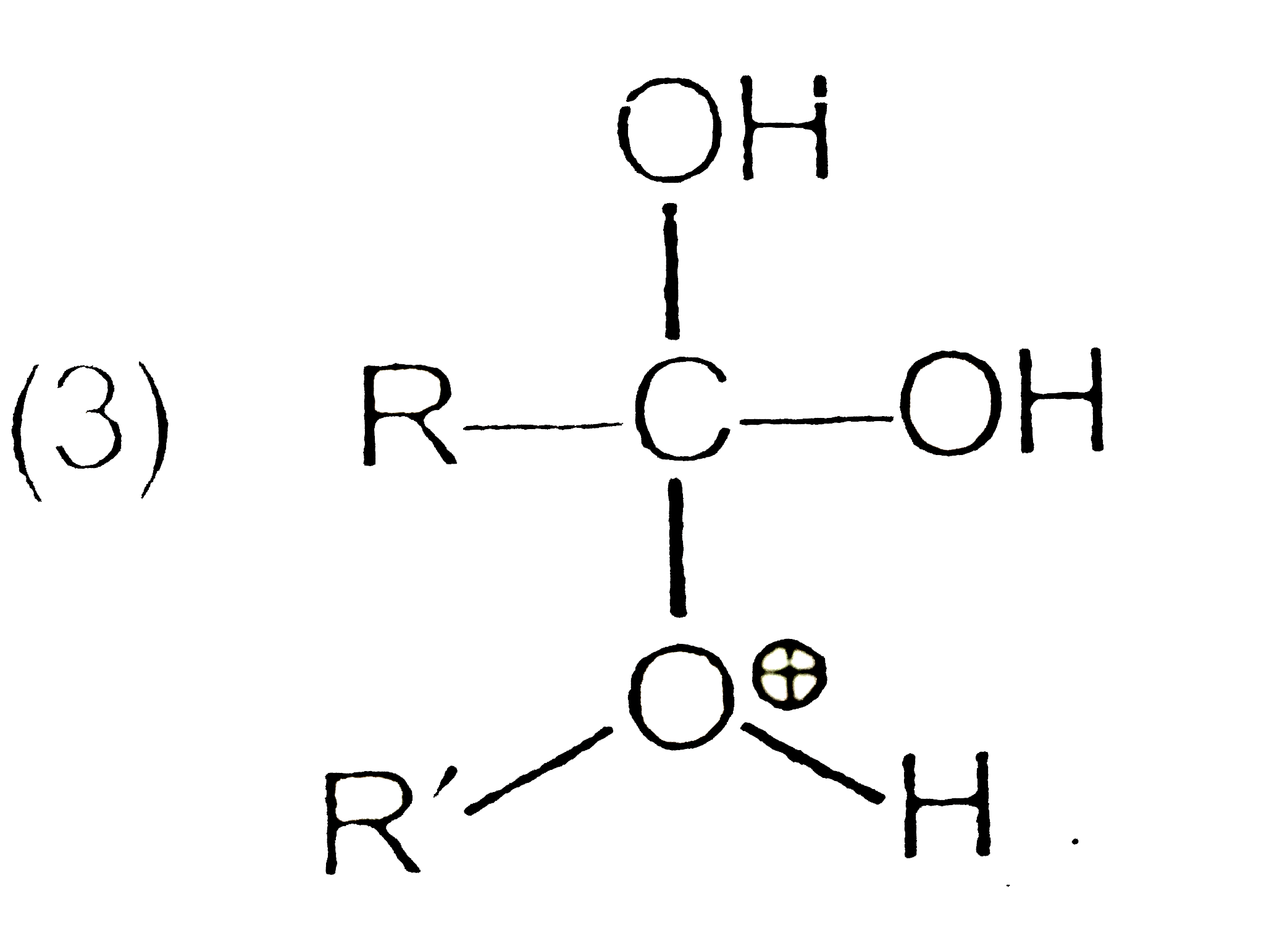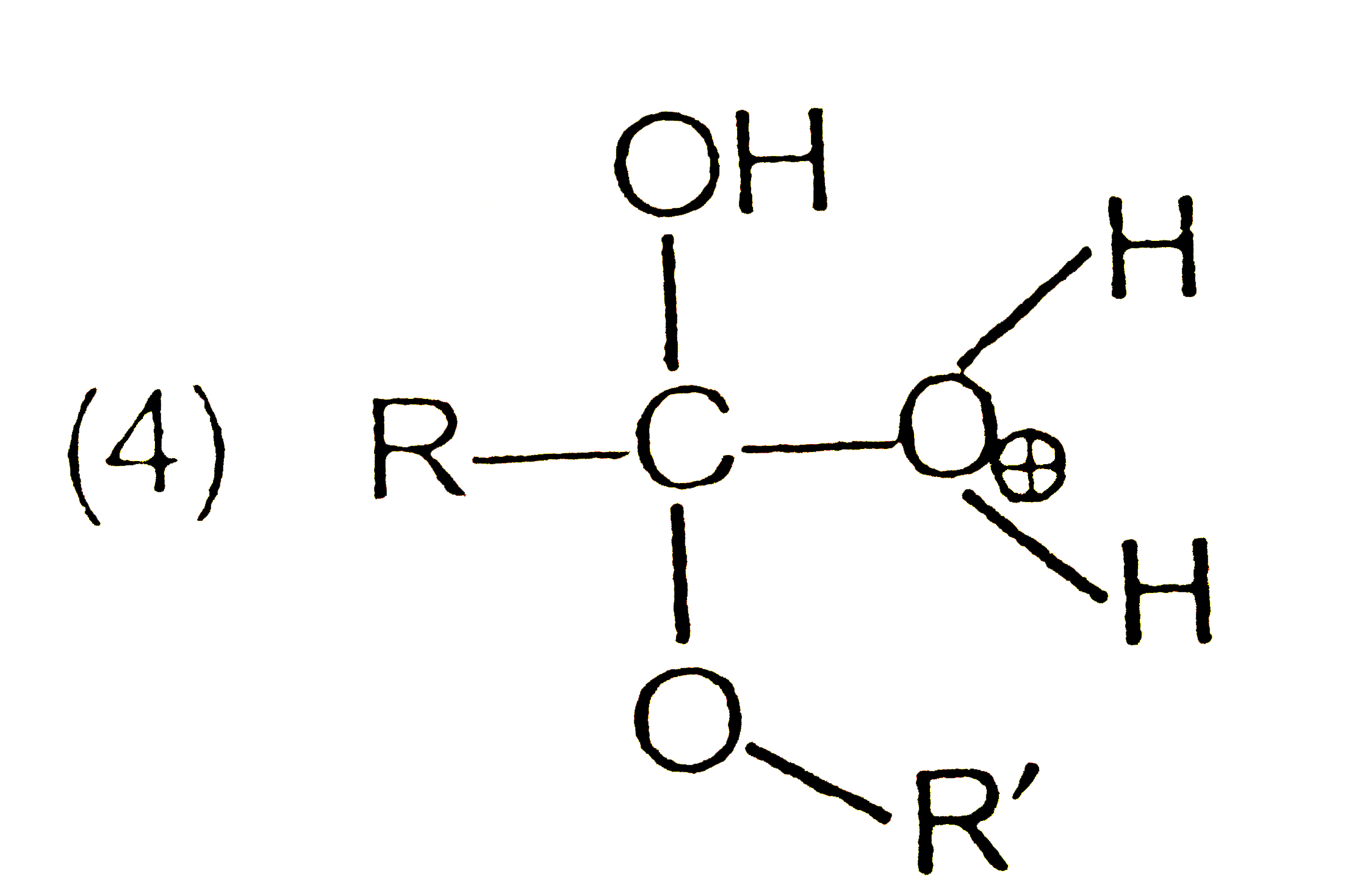Which one of the following intermediates of respiration, involve in fatty acids formation ?
Pyruvic acid
Succinic acid
Acetyl Co-A
Citric acid
The correct Answer is:C
To answer the question "Which one of the following intermediates of respiration is involved in fatty acids formation?", we can follow these steps:
1. Understanding Respiration:
- Respiration is a metabolic process that involves the breakdown of complex organic molecules to release energy. It can be categorized into catabolic and anabolic processes, making it an amphibolic pathway.
2. Identifying Intermediates of Respiration:
- During respiration, complex carbohydrates (like polysaccharides) are broken down into simpler forms such as glucose. Similarly, fats are broken down into fatty acids and glycerol, and proteins into amino acids.
3. Role of Acetyl-CoA:
- Acetyl-CoA is a crucial intermediate in the respiratory cycle. It is formed from the breakdown of fatty acids, carbohydrates, and proteins. Acetyl-CoA enters the Krebs cycle (or citric acid cycle) to be further oxidized for energy production.
4. Fatty Acid Synthesis:
- In addition to its role in catabolism, Acetyl-CoA is also involved in the anabolic process of fatty acid synthesis. When the body requires fatty acids, Acetyl-CoA is utilized to synthesize them.
5. Conclusion:
- Therefore, the intermediate of respiration that is involved in the formation of fatty acids is Acetyl-CoA.
Final Answer:
Acetyl-CoA
---
- Respiration is a metabolic process that involves the breakdown of complex organic molecules to release energy. It can be categorized into catabolic and anabolic processes, making it an amphibolic pathway.
- During respiration, complex carbohydrates (like polysaccharides) are broken down into simpler forms such as glucose. Similarly, fats are broken down into fatty acids and glycerol, and proteins into amino acids.
- Acetyl-CoA is a crucial intermediate in the respiratory cycle. It is formed from the breakdown of fatty acids, carbohydrates, and proteins. Acetyl-CoA enters the Krebs cycle (or citric acid cycle) to be further oxidized for energy production.
- In addition to its role in catabolism, Acetyl-CoA is also involved in the anabolic process of fatty acid synthesis. When the body requires fatty acids, Acetyl-CoA is utilized to synthesize them.
- Therefore, the intermediate of respiration that is involved in the formation of fatty acids is Acetyl-CoA.
Acetyl-CoA
Similar Questions
Knowledge Check
Which one of the following is an intermediate product ?
APurchase of pulses by consumersBMachine purchased by a firmCWheat used by a flour millDWheat used by householdsWhich of the following intermediates are involved in polymerization?
ACarbocationBCarbanionCFree radicalDAll of theseWhich of the following intermediates are involved in the acid catalyzed esterification of carboxylic acid?
A B
B C
C D
D
Which of the following steps not involved in respiration :−
View SolutionWhich of the following is not a fatty acid ?
View SolutionWhich of the following is unsaturated fatty acid ?
View SolutionWhich of the following is a saturated fatty acid?
View SolutionWhich of the following is a saturated fatty acid?
View Solution

